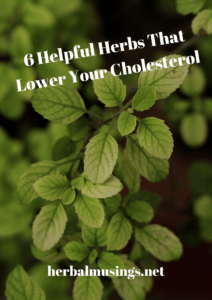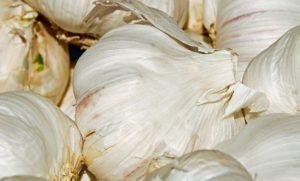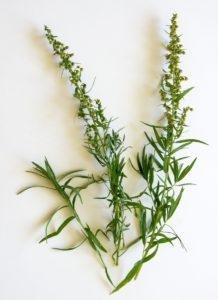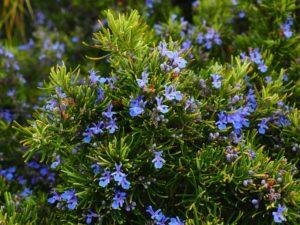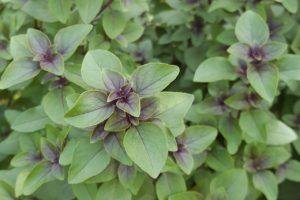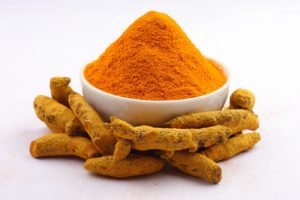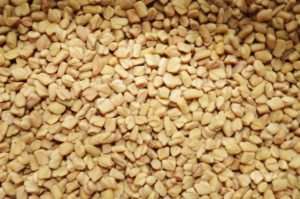Do you want to lower your cholesterol naturally without medications? You can! By changing some of the foods you eat, you can lower the harmful LDL cholesterol and increase the good HDL cholesterol. Eating more foods with fiber, soy, omega-3 fatty acids, and plant stanols and sterols (which are similar to
cholesterol) can lower LDL cholesterol. Plants play an important role in helping you lower your cholesterol levels and are easy to incorporate into your meals. Along with daily exercise, (my exercise is Tai Chi which I’m learning on YouTube for free) you can take back control of your health naturally. Statins have many adverse effects that can lead to long term health issues.
What is Cholesterol?
Cholesterol actually isn’t as bad a guy as it’s made out to be. Yes, in high levels its bad but did you know it’s a naturally occurring substance made by the liver and required by your body for the proper function of cells, nerves and hormones?
Although your body needs cholesterol, excess cholesterol can build up and form a fatty plaque on the artery walls, this decreases blood flow to vital areas of the body. If plaque continues to build long-term, it can significantly increase the risk of having a heart attack or stroke.
Cholesterol Lowering Herbs
Many of these herbs you already have in your spice cabinet. By being more mindful in using these spices in your daily cooking, you will help lower bad cholesterol and raise good cholesterol.
Garlic (Allium sativum) is a must have herb assisting you in lowering your cholesterol levels and improving circulation to your heart. The sulfur compound allicin found in garlic is responsible for lowering levels. Cholesterol levels drop when garlic is consumed on a regular basis. The more garlic you use, the lower your cholesterol drops.
Tarragon (Artemisia dracunculus) has a high amount of dietary fiber and eating foods rich in fiber helps lower bad cholesterol. Tarragon could prevent arteriosclerosis and other cardiovascular diseases. This herb has antioxidants that are beneficial for your heart and helps prevent clot formation in the blood vessels of the heart and brain, protecting from heart attack, and stroke. Tarragon balances the cholesterol levels by maintaining the good cholesterol and getting rid of LDL or the bad cholesterol.
Rosemary (Rosmarinus officinalis) reduces oxidative stress and is helpful in lowering LDL cholesterol because of the very high levels of antioxidants.
Rosemary is a rich source of phenolic phytochemicals having significant anti-oxidant, anti-inflammatory, and blood pressure-lowering activity. Also, this herb supports your heart, reduces elevated blood sugar, lowers blood lipids such as cholesterol and triglycerides, and helps to protect the liver. Use fresh or dried rosemary to flavor your dishes.
Holy basil (Ocimum tenuiflorum) also known as tulsi, is different from the sweet basil we’re used to using in tomato sauces. From the leaves to the seed, holy basil is considered a tonic for the body, mind, and spirit. Which is why holy basil is called the Queen of Herbs.
Tulsi targets metabolic distress, and it lowers LDL levels while increasing HDL levels simultaneously. Eugenol, an active oil in tulsi is responsible for this metabolic action and it can improve the blood circulation in the body while improving heart health too.
Turmeric (Curcuma longa) roots contain curcumin a powerful anti-inflammatory and antioxidant that can suppress the accumulation of cholesterol in the blood. The roots of the turmeric plant lower cholesterol levels reducing your chances of developing heart disease.
A study published in PubMed https://pubmed.ncbi.nlm.nih.gov/29020971/ shows the efficiency of turmeric root in lowering LDL levels. Turmeric also prevents the oxidation of bad cholesterol. Oxidized cholesterol can build up as plague in blood vessels, causing the arteries to narrow which leads to cardiovascular diseases. The easiest way to reap the health benefits is to add some turmeric powder to your dishes.
Fenugreek seed (Trigonella foenum-graecum) is a popular spice used to stabilize and thicken food, the seeds have a slight bitter taste similar to celery.
Fenugreek seeds are very beneficial to your heart health; the seeds are high in antioxidants, help unclog arteries from plaque, regulate blood pressure, lower cholesterol levels, and prevent occurrences of heart attacks. For best results, eat fenugreek seeds on an empty stomach every day.
Making changes to your lifestyle with exercise and diet by eating more foods with fiber, soy, omega-3 fatty acids, and herbs can lower your LDL cholesterol.
This post may contain affiliate/referral links. Read my full Disclosure/Disclaimer Policy.
